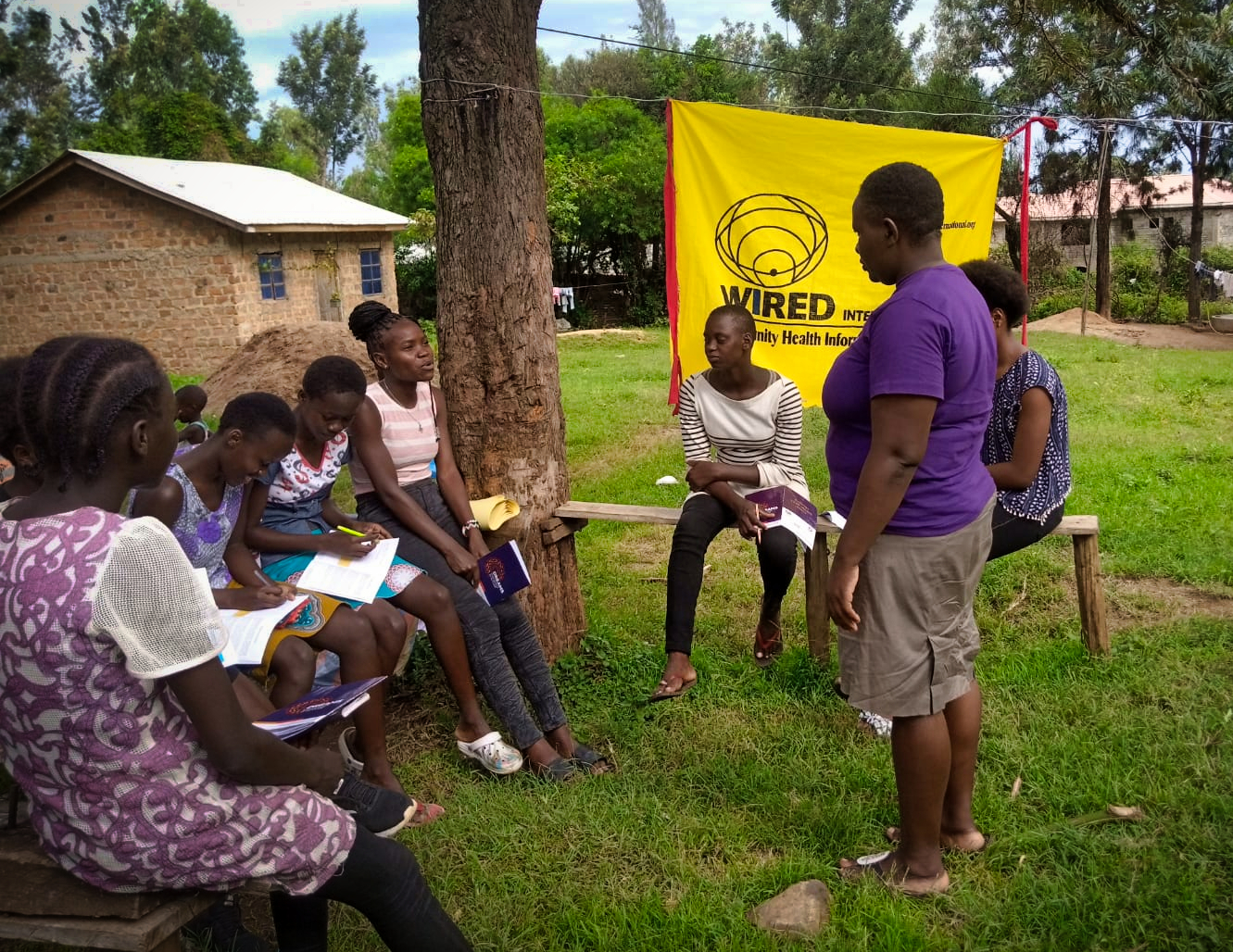Monthly Update from WiRED International’s Community Health Workers in Kenya
HIV/AIDS and Malaria Top Concerns
By Allison Kozicharow; Edited by Elizabeth Fine
WiRED International’s paraprofessional team of community health workers (CHWs) reported a busy month of providing basic health education services to the people of Kisumu, Kenya — despite civil unrest during tax hike protests, which caused violent eruptions and school closings.
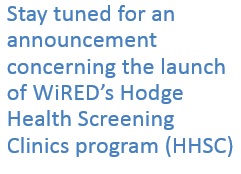
Although WiRED’s CHWs were off duty for several days, they still reached a total of 10,485 people with health care during July. Working less than the usual 24 hours per week this month, each of the CHWs met with at least 66 patients a week, and the largest number seen in a week by a single CHW was 463, most of them in health training classes.
Overall, the top health issues for the month of May were as follows, in order of prevalence:
-
-
- HIV
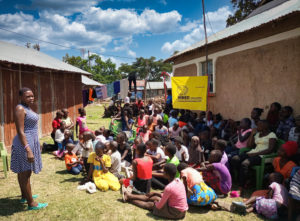 /AIDS
/AIDS - Malaria
- Family Planning
- Depression
- COVID-19
- Nutrition
- Handwashing
- HIV
-
Stay tuned for an announcement concerning the launch of WiRED’s Hodge Health Screening Clinics program (HHSC), located in informal settlements throughout Kisumu. These clinics will expand the reach and contributions of CHWs to improve the health of their extremely underserved communities.
In addition to the sad regularity of HIV/AIDS and malaria concerns, CHWs faced a myriad of other health challenges within their community as well. Here are a few examples reported by CHWs.
Coping with a Flu Outbreak Although flu is a common viral infection, it can be severe in our high-risk populations here in Kisumu. Residents continually confuse the flu with COVID-19, so we CHWs educate our community about the differences. We explain symptoms of the flu and the danger to health, especially to older adults and children. We encourage people to seek treatment early, as soon as they notice symptoms, to avoid complications. We check in on them later to measure their progress.
Although flu is a common viral infection, it can be severe in our high-risk populations here in Kisumu. Residents continually confuse the flu with COVID-19, so we CHWs educate our community about the differences. We explain symptoms of the flu and the danger to health, especially to older adults and children. We encourage people to seek treatment early, as soon as they notice symptoms, to avoid complications. We check in on them later to measure their progress.
—CHW Zachary Omondi
Raising Self-Esteem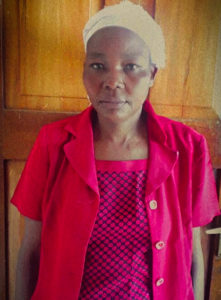 During my rounds in my community educating people about health issues, I introduced a topic on self-esteem. They were happy to discuss self-esteem and understood why it is important. Residents with low self-esteem are often shy and won’t speak in front of others. I am encouraging them to stand up in the group and talk. One participant said that she has always had low self-esteem since she was born. Her mother died when the speaker was four years old, and her stepmother criticized her in front of others. She wanted to change and stand up for herself, so I referred her to a professional counselor. I followed up with her later, and she is doing well and is thankful for the CHW program and group sessions.
During my rounds in my community educating people about health issues, I introduced a topic on self-esteem. They were happy to discuss self-esteem and understood why it is important. Residents with low self-esteem are often shy and won’t speak in front of others. I am encouraging them to stand up in the group and talk. One participant said that she has always had low self-esteem since she was born. Her mother died when the speaker was four years old, and her stepmother criticized her in front of others. She wanted to change and stand up for herself, so I referred her to a professional counselor. I followed up with her later, and she is doing well and is thankful for the CHW program and group sessions.
—CHW Milka Nyadiang’a
Spotting Depression
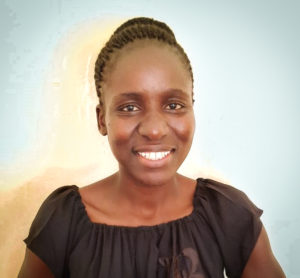
I met a young mother of two who was breastfeeding. Her health was deteriorating and she said that she needed help and that she was passing through a hard time. After talking more with her, I suspected that she was experiencing depression. I taught her about signs and symptoms of depression, and advised her on ways to cope. At the end of our discussion, she told me that she had been thinking of committing suicide, but now she felt better and would take better care of herself.
—CHW Imelda Anyango

